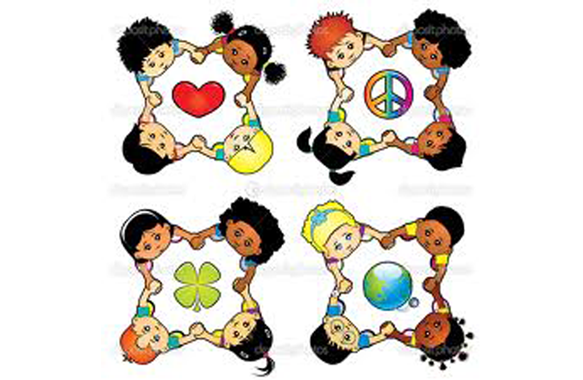We have become accustomed to its face. We hear the phrase “school choice” and say, what does that mean; it is but a theme for those who endorse more privatization. Could it be “school choice” is not what it seems? Perhaps it is an opportunity for a novel reexamination. Granted, currently corporate entrepreneurs have captured the conversation, but it can be reclaimed. After all, what does choice genuinely mean. How do we define it when it is pure and unrestrained? An investment in smaller schools, a democratic education, authentic assessments and local control; we can choose to invest in our schools for the Seventh Generation!
Think of the freedom that true choice can be…an end to standardization, privatization, and corporate memes….experimentation and “democratization!” Oh my gosh; how the latter word too has been converted. Perhaps, it is time to reclaim the promise of the greater good. Let us change the conversation!
School Choice and the Value of Public Goods
Freddie deBoer has a good piece up on the value of public goods. By and large I’m in complete agreement. I’ve written here before about the need for public options: in healthcare, in education, in transportation – having public options provides us not only with some basic universal system that all Americans can enjoy, but also with standards, solidarity, and a sense of shared vision and sacrifice. Public education is perhaps the oldest of our public options, and we should work tirelessly to preserve it.
But that doesn’t mean we need to preserve it exactly the way it’s always been either. Public education began as a way to indoctrinate the young, turn them into obedient little worker bees ready for the factory. Over the years this has slowly changed. I would argue that the high-stakes testing put in place by NCLB has simply entrenched the factory-line mentality toward education. I think we need to radically rethink this approach. Education should be far more free-wheeling, with a much broader curriculum and more creative, diverse, and experimental approaches to teaching. We should be looking to expand the education experiment using new technology, better education programs, and collaboration utilizing open-source resources.
We should avoid the ham-handed, top-down reforms we’ve seen in the past decade: universal pedagogy is bound to fail, whereas basic minimum standards for what, is being taught across the country could actually allow for more freedom in how we decide to teach that material.
This leads me to a more ambiguous relationship with the concept of school choice.
I will say this: school choice as it has been applied in recent years has been very top-down and authoritarian in nature. However, school choice does not need to be done this way. It can be done in a way that coincides with liberal values of solidarity and egalitarianism. I am still far more troubled by the high-stakes testing, the authoritarian, anti-educator reformers, etc. than I am by the charter schools. Maybe this is because my experience with charter schools has been, by and large, fairly positive.
The educational diversity choice can create, leading to the emergence of arts schools and science schools, and opening up Montessori and Waldorf schools to lower income families, etc. are all positive pro-education moves as far as I’m concerned. Of course, there are problems with charters, with the potential for increased inequality, etc. but these are not insurmountable obstacles. Unfortunately, they are often overlooked or glossed over by advocates of school choice. And too often those same advocates take a pro-corporate view on education, deriding teachers and teachers unions instead of working with teachers and unions to create real, sustainable reform.
Choice is not synonymous with ‘corporate-reform’. It can mean that parents, teachers, and students in a community want to experiment outside the boundaries of the status-quo. Real school choice, with real grass-roots, bottom-up reform means that a community of people who care about their public goods deeply want to work to make those goods better. Keeping rules in place to ensure that all students have access to those goods, through public school buses to all schools, through free meals at all schools, etc. is key to making choice work.












Leave A Comment